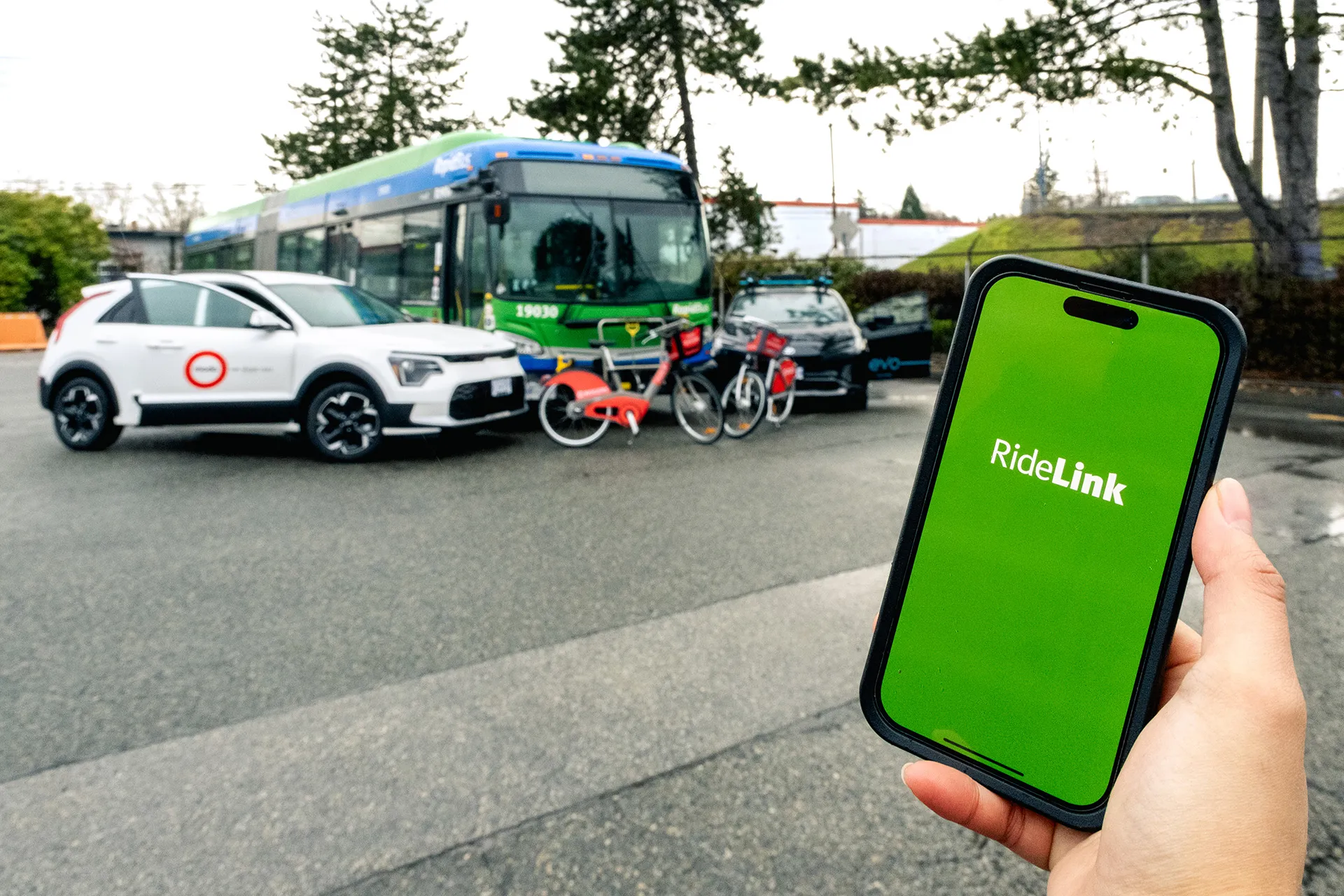
Flowbird developed the system and a back office architecture called CloudFare. It is intended to allow administrators to monitor and control ticketing devices directly, view route performance statistics in real time, set automatic system alerts, manage passenger accounts and run management reports.
Additionally, Flowbird has installed 114 self-service retail units at halts along the network, supplied 230 platform validators and provided 45 handheld inspection devices.
Passengers can buy tickets, top-up smartcards, collect tickets purchased online and validate journeys before boarding.
Next year, the ticketing system will be introduced on all Translink Metro and Ulsterbus services, followed by NI Railways in 2020. Riders will also be provided with a customer smartcard portal and online top-ups in 2021.










